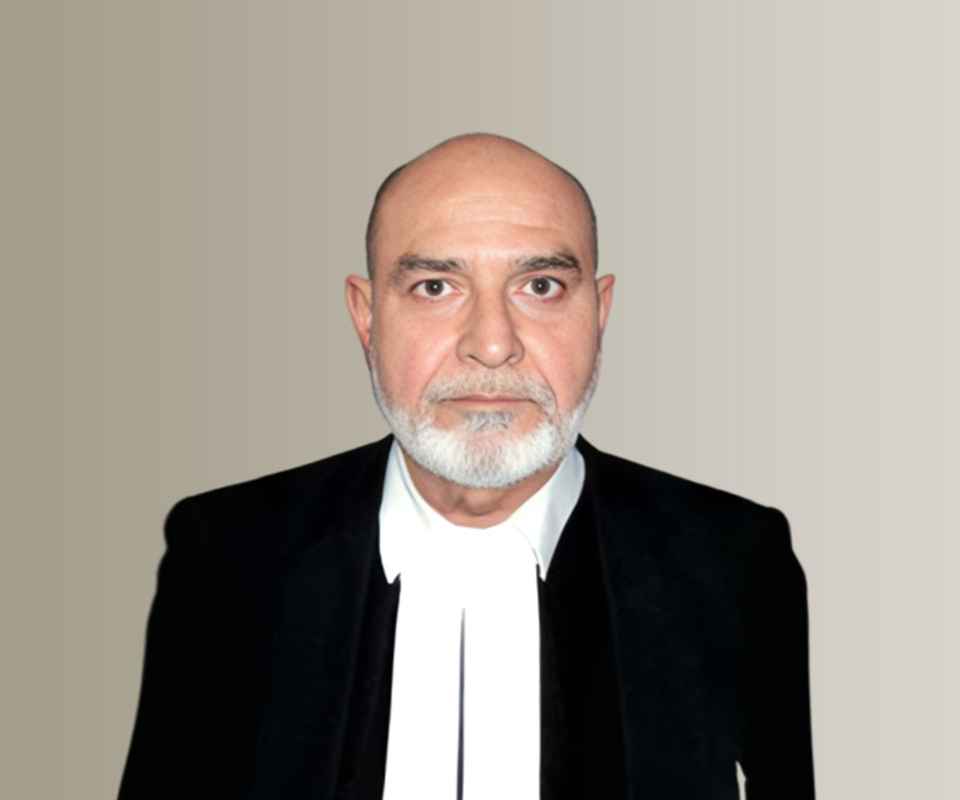Answer By law4u team
Bharatiya Nyaya Sanhita, 2023 - Section 216: False statement on oath or affirmation to public servant or person authorised to administer an oath or affirmation.
Whoever, being legally bound by an oath or affirmation to state the truth on any subject to any public servant or other person authorised by law to administer such oath or affirmation, makes, to such public servant or other person as aforesaid, touching that subject, any statement which is false, and which he either knows or believes to be false or does not believe to be true, shall be punished with imprisonment of either description for a term which may extend to three years, and shall also be liable to fine.
Brief Detail
BNS Section 216 deals with the offense of making false statements under oath or affirmation. This section ensures that individuals who are sworn to tell the truth cannot mislead authorities by providing false information.
Question & Answers
Q1: What does BNS Section 216 address?
A1: BNS Section 216 addresses the making of false statements by individuals who are legally bound to tell the truth under oath or affirmation to a public servant or authorized person.
Q2: What are the penalties for violating BNS Section 216?
A2: Individuals found guilty of making false statements under oath may face imprisonment for up to three years and may also incur a fine.
Q3: Who can administer an oath or affirmation under BNS Section 216?
A3: A public servant or any person authorized by law to administer oaths or affirmations can require individuals to state the truth.
Example
Example Scenario:
If a witness in a court of law, while under oath, knowingly testifies to facts they know to be untrue, that witness can be prosecuted under Section 216 for providing false statements.
Summary
BNS Section 216 penalizes individuals for making false statements while under oath or affirmation, emphasizing the importance of truthfulness in legal proceedings. The penalties include imprisonment for up to three years and potential fines.







